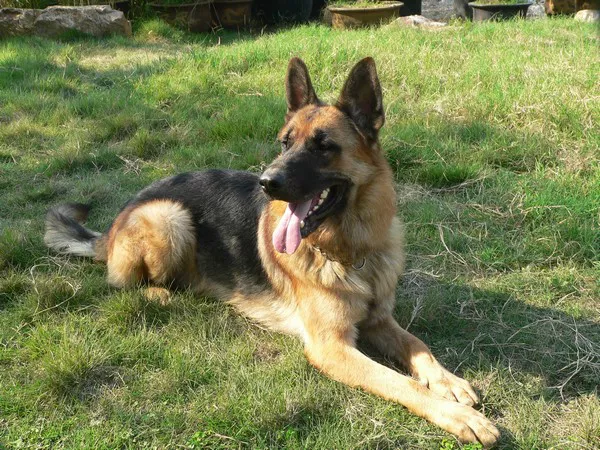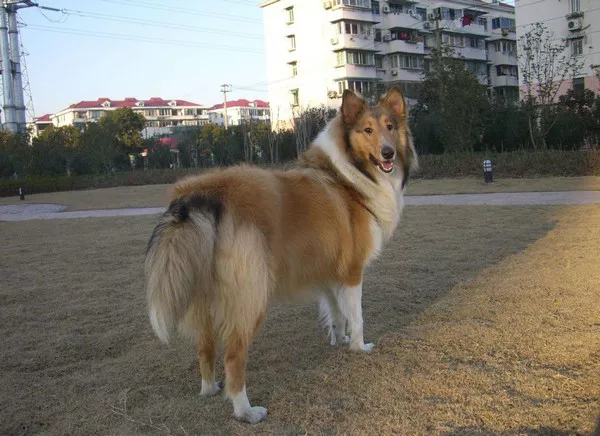Tortoiseshell cats, commonly known as torties, are one of the most striking and beloved types of felines in the world. Known for their stunning, multicolored coats that feature rich blends of orange, black, and sometimes white, torties have a unique charm that makes them stand out. While their appearance is undoubtedly eye-catching, it’s their personalities and behaviors that truly intrigue cat owners and enthusiasts alike. Tortie cats are famous not only for their beauty but also for their distinctive quirks and behavioral traits, which can sometimes be as colorful as their coats.
In this article, we’ll dive deep into the world of tortie cats, exploring the various quirks and personality traits that make them one-of-a-kind pets. We’ll discuss everything from their temperament to their social habits and how to best care for them. Whether you are already a proud tortie parent or are considering adopting one, this guide will provide valuable insights into what makes tortie cats tick.
What Is a Tortie Cat?
Before we jump into the quirks and behavioral traits of tortie cats, it’s important to understand what exactly a tortie is. The term “tortoiseshell” refers to a specific coat pattern rather than a breed of cat. Torties are not a breed in and of themselves, but rather, a color variation that can appear in many different breeds of cats.
Tortoiseshell cats have a unique and striking coat that typically blends two primary colors: black and orange. The pattern can range from deep, solid shades to more dilute versions with softer, lighter hues. Some torties may also have patches of white, but the defining feature is the blend of black and orange hues. This mixed color pattern is what gives tortie cats their name, as their coat resembles the appearance of a tortoiseshell, a type of material used in jewelry and other crafts.
Interestingly, the majority of tortie cats are female, as the color pattern is tied to the X chromosome. Male tortie cats are rare, accounting for only about 1 in 3,000 tortie cats, and they typically have a genetic anomaly that causes them to have an extra X chromosome.
Now that we know what a tortie cat is, let’s explore their behavioral quirks.
The Tortie Personality: Feisty and Independent
One of the most well-known traits of tortie cats is their fiery, independent personalities. Torties are often described as strong-willed and spirited, and they don’t hesitate to express their opinions. Unlike some other breeds of cats that are more laid-back or docile, torties tend to be more assertive and will often demand attention on their terms.
Many tortie owners will tell you that their cats are “sassy” or “spicy,” and there’s a good reason for this reputation. Torties have a reputation for being strong personalities, sometimes showing a level of stubbornness that can make them a bit of a challenge to handle. However, these traits don’t mean that torties aren’t affectionate or loving. They simply prefer to establish their own boundaries and don’t want to be treated like typical, passive lap cats.
Tortie Cats and Their Mood Swings
Tortoiseshell cats are also known for their mood swings, which can make them seem a bit temperamental at times. It’s not unusual for a tortie to go from being affectionate and cuddly to being distant or even a little grumpy within a short span of time. This isn’t to say that all torties are like this—some are more consistent in their mood, but many torties have a reputation for being a bit moody.
These mood swings can often be attributed to the cat’s independent nature. Torties are not cats that you can easily control or manipulate. They have a strong sense of self and prefer to dictate their own interactions with people and other animals. If they’re not in the mood for cuddling or being petted, they won’t hesitate to let you know by swatting at your hand or walking away. But when they are in the mood for affection, they can be incredibly loving and form strong bonds with their owners.
Torties and Their Territorial Nature
Another interesting quirk of tortie cats is their territorial instincts. Torties tend to be quite possessive of their space, especially when they are in an environment they feel is their own. This territorial nature can sometimes lead to behaviors such as marking their territory by rubbing their face against furniture, walls, or even their human companions. They may also show signs of jealousy when other pets or even new people invade their space.
Torties may not always get along with other pets, especially if they feel their territory is being threatened. However, if introduced properly and with patience, torties can form close bonds with other animals in the household. It’s important to keep in mind that torties tend to need time to adjust to new changes, so introducing a new pet or family member should be done gradually to avoid stress or territorial disputes.
The Love-Hate Relationship with Cat Toys
Tortoiseshell cats can have a rather interesting relationship with toys. While some cats may eagerly chase after toys and spend hours playing, torties can be a bit more discerning about the toys they’ll engage with. Torties tend to be selective, and they may prefer certain types of toys over others. You might find that your tortie will completely ignore a new toy at first, only to become obsessed with it a few days later. Once they’ve decided that a toy is worthy of their attention, however, they may play with it intensely and for extended periods of time.
One thing that’s common among tortie cats is their love of interactive play. Torties are often highly intelligent and energetic, so they enjoy activities that stimulate their minds. Toys that encourage problem-solving or those that involve some form of “hunting” behavior, such as wand toys or laser pointers, are often favorites. It’s important to keep your tortie mentally and physically stimulated, as boredom can lead to undesirable behaviors like scratching furniture or knocking things off shelves.
Tortie Cats and Their Need for Personal Space
While torties are known for being affectionate, they also have a strong desire for personal space. These cats don’t always want to be glued to your side, and they may occasionally retreat to a quiet corner of the house for some alone time. It’s not uncommon for a tortie to spend a significant portion of their day lounging in a secluded spot, only to reappear when they feel like it’s time for some attention or interaction.
Because of their independent nature, torties are often better suited to homes where they can have their own space and are not constantly bombarded with attention. If you’re considering adopting a tortie, be sure to provide them with a safe, quiet spot where they can retreat when they need a break from the hustle and bustle of daily life.
Tortie Cats and Their Social Bonds
Despite their independent and sometimes aloof nature, tortie cats are capable of forming deep emotional bonds with their human companions. Once a tortie trusts you, they can be incredibly loyal and affectionate. These cats are often very in tune with their owners’ emotions and can be sensitive to changes in their environment or routine. If you’re feeling down or stressed, a tortie may come to sit on your lap or nuzzle against you to offer comfort.
However, torties do not necessarily show their affection in the same way that other cats might. While some cats will happily curl up in your lap and purr contentedly, torties may prefer to show their love through actions rather than cuddling. They may follow you from room to room, give you gentle headbutts, or bring you little “gifts,” such as a favorite toy or a piece of string.
The Tortie Cat’s Vocalization
Torties are also known for being more vocal than other cats. While some cats are naturally quiet or only meow on occasion, torties tend to have a lot to say. They may communicate their needs, desires, and moods through a variety of vocalizations, including meows, chirps, purrs, and trills. Torties are known to have a range of vocal sounds, and their vocalizations can sometimes be quite expressive.
If your tortie is meowing at you, it’s likely because they want something—whether it’s attention, food, or just a good scratch behind the ears. They may also use their voice to express frustration or dissatisfaction, especially if they feel their space is being encroached upon. Torties are rarely shy about making their feelings known.
The Tortie Health Factor: Care Considerations
Tortoiseshell cats are generally healthy and hardy, but like all cats, they require proper care to thrive. It’s important to ensure that your tortie receives regular veterinary checkups and a balanced diet to maintain their overall health. Regular grooming is also essential, especially if your tortie has a long or medium-length coat. Brushing your tortie regularly will help prevent matting and reduce shedding.
As with any cat, it’s important to keep an eye on their weight, provide them with plenty of exercise, and ensure that they have access to fresh water and high-quality food. Torties, like many cats, may develop certain health conditions as they age, including dental problems, arthritis, or kidney issues, so it’s essential to maintain a proactive approach to their health.
Conclusion
Tortoiseshell cats, or torties, are unique and fascinating creatures with a personality all their own. From their fiery independence to their affectionate yet quirky nature, torties are truly one-of-a-kind companions. Their beauty, intelligence, and occasional sassiness make them an ideal choice for cat lovers who appreciate a little challenge and a lot of character. Understanding the quirks of a tortie cat is key to building a strong bond with them and providing them with the care and attention they deserve.
If you’re lucky enough to share your home with a tortie, you’ll know that every day brings something new and exciting. Their mood swings, territorial instincts, and selective playfulness are just a few of the many traits that make tortie cats so special. By embracing their unique personality and quirks, you’ll form a deep and rewarding relationship with your tortie that will bring joy and companionship for years to come.
Related Topics:





















